Exclusive: £6.6m linked to death of lawyer 'traced to Russian firm's UK account'
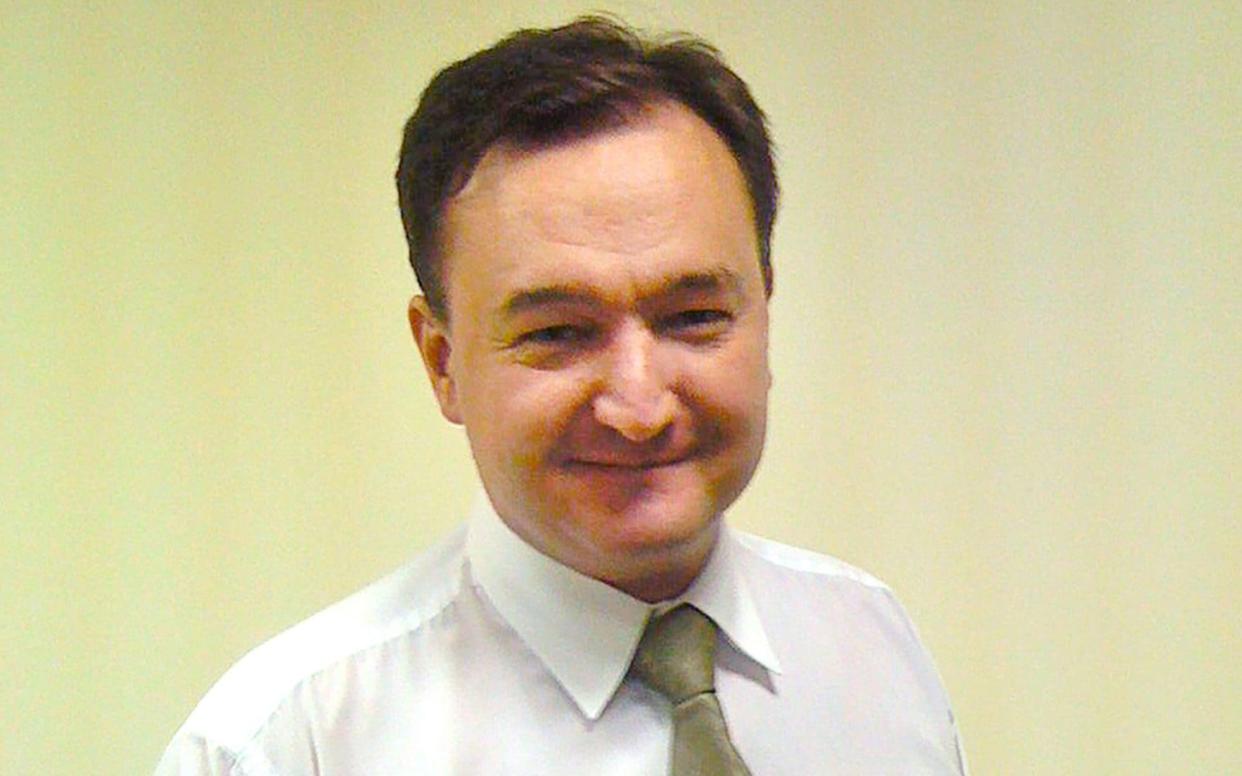
The British arm of a firm that has employed a string of former KGB spies received millions of pounds linked to the death of a prominent lawyer, court papers have revealed.
More than £6 million from funds at the centre of a giant fraud which was being investigated by Sergei Magnitsky has allegedly been traced to a UK bank account held by Renaissance Capital, which has offices in London.
Magnitsky, who was investigating on behalf of the British victims of the fraud, was found dead in a Russian prison, in what the UK government labelled an “atrocious murder”.
Now it has emerged that the US Department of Justice has traced proceeds of the fraud to a bank account in Bournemouth held by Renaissance Capital Investment Management Ltd.
Last night Dominic Raab, the former justice minister, called for UK authorities to investigate the case. He said: “No one wants the UK giving this kind of blood money the veneer of respectability.”
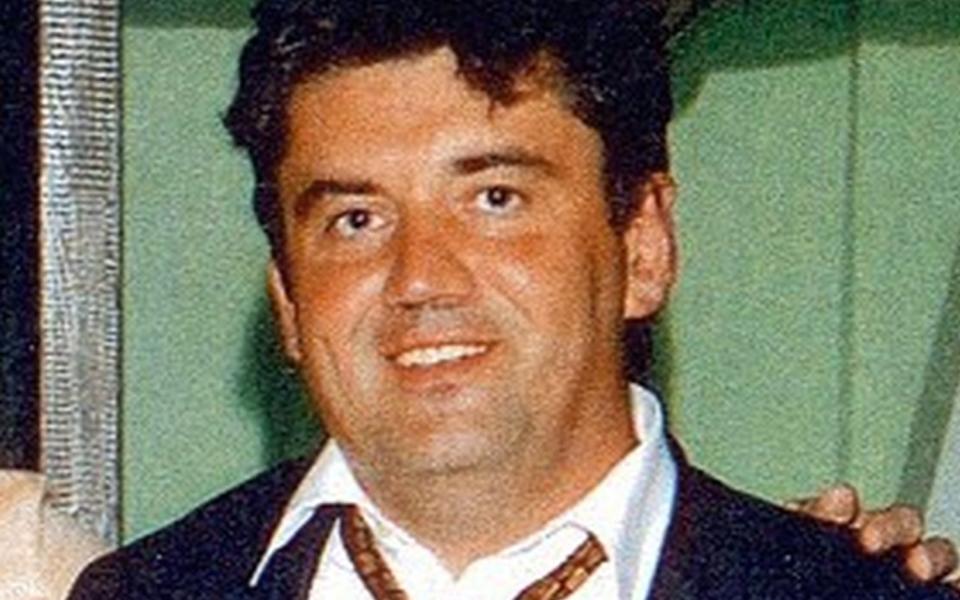
The disclosure comes amid heightened tensions between the UK, US and Russia, with Boris Johnson, the Foreign Secretary, pushing for sanctions against Moscow over their support for Bashar al-Asaad in Syria.
A so-called “Magnitsky amendment” was passed by the Commons in February, allowing the Government to seize the assets of suspected human rights abusers. The Government said it was acting after the death of Magnitsky, a lawyer for Hermitage, the British investment firm that was the victim of a £155m fraud in Russia. Alexander Perepilichnyy, another Russian lawyer, also died while investigating the case.
Prosecutors allege that the fraud against Hermitage was carried out by a Russian criminal organisation “including corrupt Russian government officials”, who have since “engaged in a broad pattern of money laundering in order to conceal the proceeds of the fraud scheme”. The “mastermind” of the organisation was named as Dmitry Klyuev, a convicted fraudster, who was identified in 2005 court testimony as a tax adviser to Renaissance.
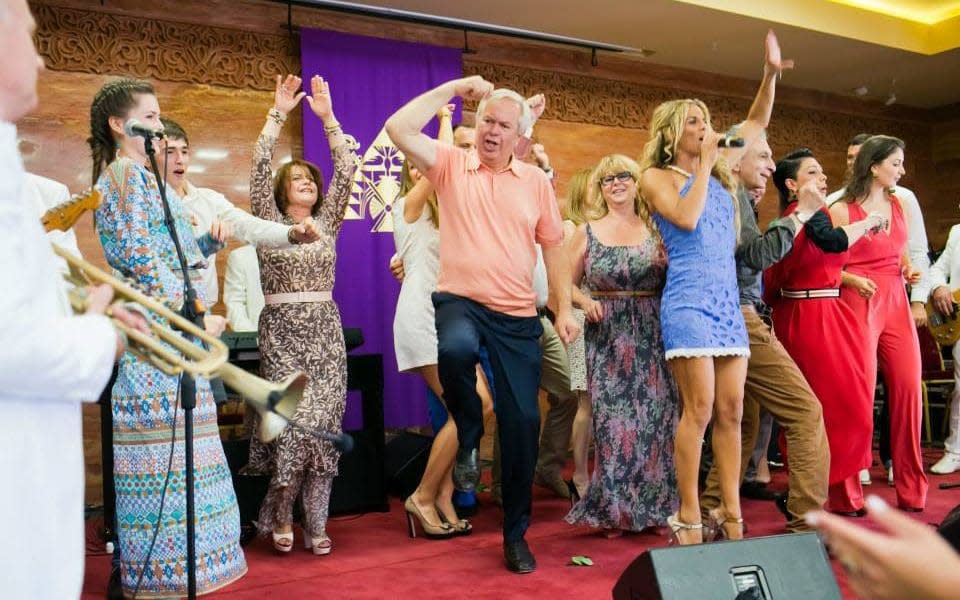
The prosecutors have not alleged that Renaissance was aware of or complicit in the original crime, although Hermitage’s lawyer claimed in 2009 court testimony that he believed there was circumstantial evidence to suggest that it may be “implicated in the tax rebate fraud”.
A chart produced by the US Department of Justice shows funds flowing through a series of foreign companies before being channelled into three main firms, including Prevezon, against which the DoJ is taking legal action to seize assets allegedly linked to the money, and the Bournemouth Renaissance account.
Renaissance Capital is a Moscow-based investment bank now controlled by billionaire oligarch Mikhail Prokhorov.
The fraud against Hermitage, once Russia’s largest foreign investor, took place in 2007. At the time Renaissance was run by Stephen Jennings (above), known as the “Kiwi oligarch”, who has an estate in Oxfordshire, and Igor Sagiryan, a former Soviet official who owns the Ping Pong chain of restaurants and a £23 million house in west London.
The company’s deputy general director until at least 2005 was Yuri Sagaidak, a KGB spy expelled from Britain in 1989, while in 2006 Vladimir Dzhabarov, former acting head of financial intelligence at its successor the FSB, was appointed vice president.
Yuri Kobaladze, a former KGB general, was Renaissance’s managing director from 1999 until early 2007.
Igor Sushchin, until recently the organisation’s head of IT security, was one of two FSB operatives accused by the FBI last month of hacking 500 million Yahoo email accounts. An indictment said it was “unknown” whether the firm “knew of his FSB affiliation”. Renaissance declined to respond to The Telegraph’s questions.

In a claim detailed in a 2009 legal complaint and his book, Red Notice, Hermitage’s founder Bill Browder said he received unexplained approaches from both Mr Sagiryan and Mr Jennings shortly after his company told the Russian Interior Ministry it would be filing a criminal complaint.
Hermitage first uncovered the scheme in 2007 after three of its subsidiaries were stolen in a complicated scam following a police raid on its Moscow offices, when legal documents were confiscated. Individuals who had seized ownership of the companies then fraudulently reclaimed $230 m (£155 m) of capital gains tax.
Get in touch | Contacting the investigations team
US prosecutors said the scheme was “strikingly similar” to another apparent fraud in 2006 involving two subsidiaries of Rengaz Holdings Limited – a fund run by Renaissance. However, while Hermitage’s companies were stolen, Renaissance’s were willingly sold to a group that had connections with Mr Jennings and another of the firm’s executives, Hermitage said in the 2009 court submission.
In a telephone call the day after the criminal complaint was filed, Mr Sagiryan “explained he was aware of all of Hermitage’s problems”, before proposing to “arrange for the stolen Hermitage companies to be liquidated [as] doing so gets rid of problems”, the complaint alleged.
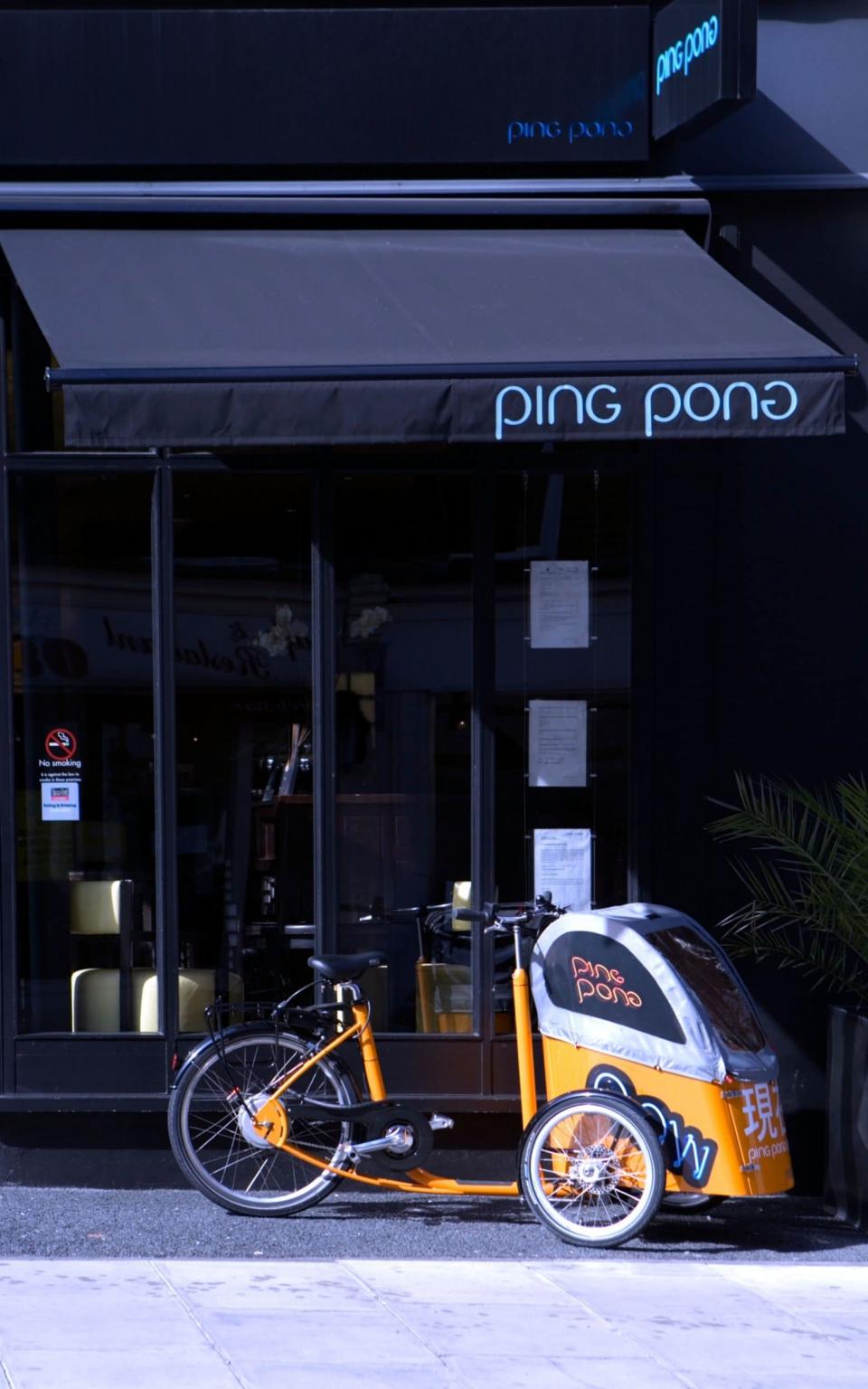
The proposal appeared suspicious, given that Renaissance ostensibly had no involvement with the companies.
Now the US DoJ court papers filed on February 15 link Renaissance to the funds stolen in 2007.
Last night Mr Raab, who led the Commons campaign for the Magnitsky amendment, tabled parliamentary questions which stated that the allegedly laundered money that ended up in the Renaissance account “is estimated to be in excess of $8.3 million (£6.6 m)”.
He said: "The government has demonstrated its resolve in adopting Magnitsky asset freezing powers. Now, we need UK law enforcement bodies to start taking this as seriously as their US counterparts."
Mr Browder said: “This information from the Department of Justice is consistent with a number of our suspicions for the last eight years.”
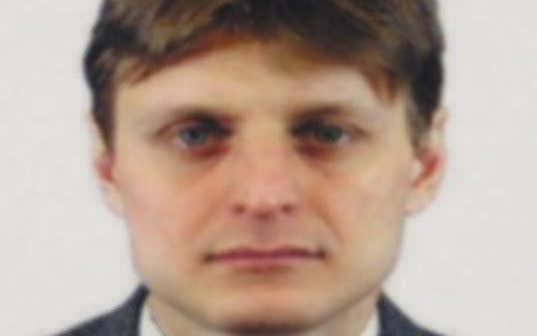
In 2009 Renaissance said it had “conducted a meticulously thorough internal investigation” which concluded that “Renaissance had zero involvement in the alleged 2006 tax fraud.”
This week the company declined to answer questions about the US Department of Justice’s investigation.
A spokesman for Mr Jennings, who left in 2012, said he could not comment on the company but “strongly refutes any allegation that seeks to link him to any sort of malpractice”.
Mr Sagiryan did not respond to questions.
Prevezon is contesting the DoJ case and denies wrongdoing.

